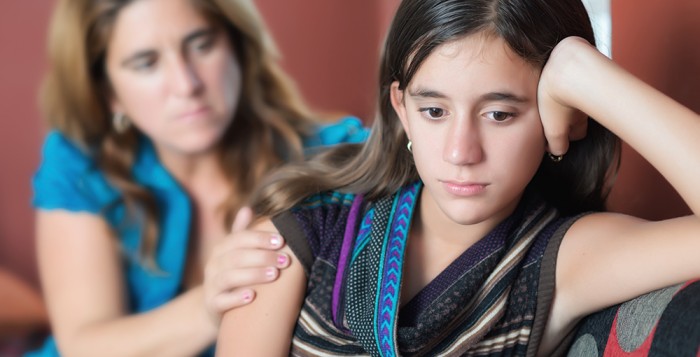Please read the revised/updated memorandum regarding the Pennsylvania Department of Human Services’ Office of Mental Health and Substance Abuse Services (OMHSAS) Outpatient Competency Evaluation Program (OCEP). For those who are unfamiliar with OCEP, see below for a brief summary:
“The Pennsylvania Department of Human Services’ Office of Mental Health and Substance Abuse Services (OMHSAS) administers the Outpatient Competency Evaluation Program (OCEP) for individuals who are facing unadjudicated charges and are incarcerated in a Pennsylvania county jail/prison, State Correctional Institution (SCI), or awaiting trial in the community. These court-ordered competency evaluations can be performed inpatient via Regional Forensic Psychiatric Centers (RFPC) or via the OCEP, which is the preferred method, so that individuals who have pending criminal charges can receive services in a more timely manner, rather than waiting for admission to an RFPC. These evaluations are performed by psychologists or psychiatrists who are contracted by OMHSAS and are independent, unbiased assessments of competency.”
This revised memorandum has been issued by Mr. Philip E. Mader, Director of OMHSAS’s Bureau of Community and Hospital Operations, and Dr. Dale Adair, OMHSAS’s Chief Psychiatric Officer. This revised memorandum aims to reduce some of the administrative burden and to ensure that all staff working within OCEP receive all of the necessary information to complete and distribute final competency evaluation reports.
Included in the memorandum and provided as separate fillable PDF documents are the OCEP Referral Form and the OCEP Rescind Form, both of which are used to gather and submit information necessary to complete an Outpatient Competency Evaluation.
We would also ask that any agency referring individuals to the OCEP for evaluation please submit complete “referral packet(s)”, which includes the following information/documentation:
- A completed, signed, and dated referral form: Rev. – March 2022; (Attachment 1)
- A Pennsylvania Court Order for a Competency Evaluation;
- The Criminal Complaint and Affidavit of Probable Cause for all pending charges; and
- Supporting medical/psychiatric records as outlined on page 5 of the OCEP Referral Form Rev. – March 2022 (Attachment 1).
Any “referral packet(s)” that are submitted via email and are found to be lacking any required information will be returned via email with the missing information highlighted, along with a request to resubmit the “referral packet(s)” when the missing information is obtained.
If you have any questions or concerns related to OMHSAS’s OCEP, please email. You can also submit any completed OCEP referral forms and associated documentation to the same email resource account.
If you have any additional questions, please contact RCPA Policy Director Jim Sharp.


















